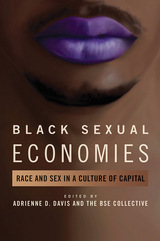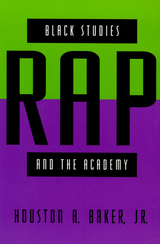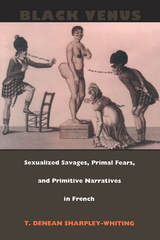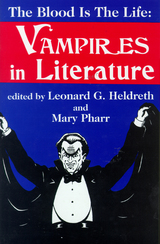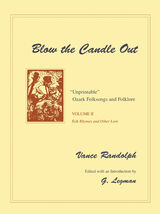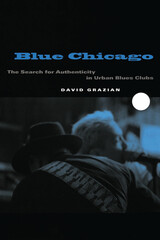Land of Famished Beings: West Papuan Theories of Hunger
Duke University Press, 2025
Cloth: 978-1-4780-2876-5 | Paper: 978-1-4780-3203-8 | eISBN: 978-1-4780-6095-6 (standard)
See other books on: Asian Studies | Chao, Sophie | Cultural & Social | Indigenous Studies | Land
See other titles from Duke University Press
Cloth: 978-1-4780-2876-5 | Paper: 978-1-4780-3203-8 | eISBN: 978-1-4780-6095-6 (standard)
ABOUT THIS BOOK | AUTHOR BIOGRAPHY | REVIEWS
ABOUT THIS BOOK
In Land of Famished Beings, Sophie Chao examines how Indigenous Marind communities understand and theorize hunger in lowland West Papua, a place where industrial plantation expansion and settler-colonial violence are radically reconfiguring ecologies, socialities, and identities. Instead of seeing hunger as an individual, biophysical state defined purely in nutritional, quantitative, or human terms, Chao investigates how hunger traverses variably situated humans, animals, plants, institutions, infrastructures, spirits, and sorcerers. When approached through the lens of Indigenous Marind philosophies, practices, and protocols, hunger reveals itself a multiple, more-than-human, and morally imbued modality of being—one whose effects are no less culturally crafted or contested than food and eating. In centering Indigenous feminist theories of hunger, Chao offers new ways of thinking about the relationship between the environment, food, and nourishment in an age of self-consuming capitalist growth. She also considers how Indigenous theories invite anthropologists to reimagine the ethics and politics of ethnographic writing and the responsibilities, hesitations, and compromises that shape anthropological commitments in and beyond the field.
See other books on: Asian Studies | Chao, Sophie | Cultural & Social | Indigenous Studies | Land
See other titles from Duke University Press

